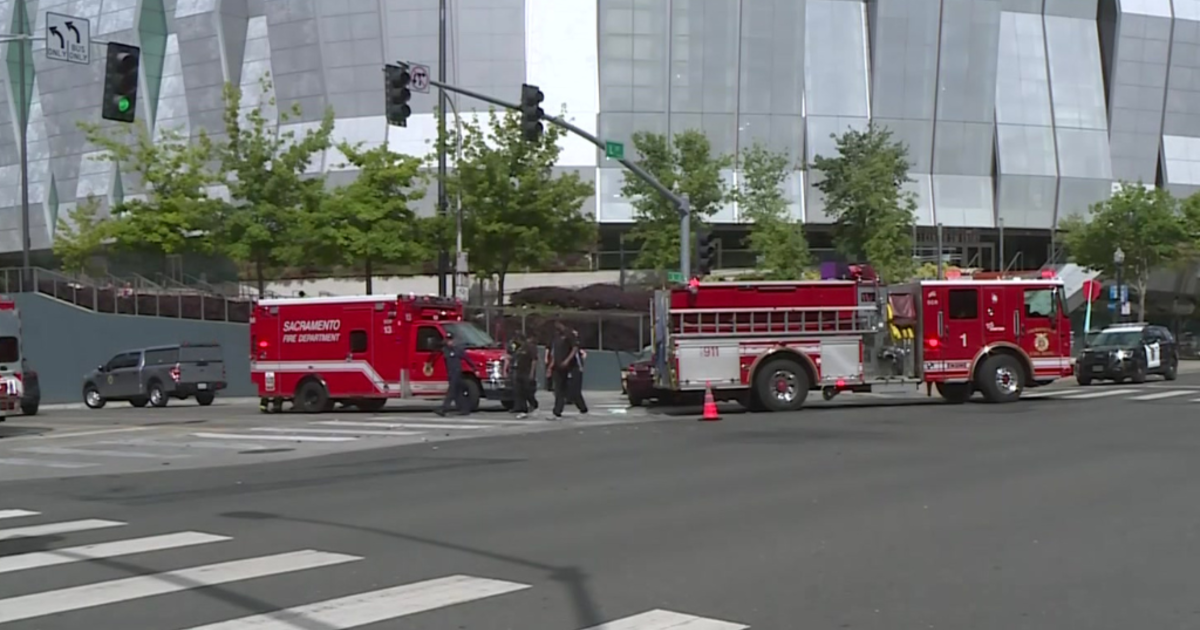Ebola FAQ: What Is It, How Does It Spread, And How Is It Treated?
The below information is from the World Health Organization's guidelines on the disease.
1. What is Ebola virus disease?
Ebola virus disease (formerly known as Ebola haemorrhagic fever) is a severe, often fatal illness, with a death rate of up to 90%. The illness affects humans and nonhuman primates (monkeys, gorillas, and chimpanzees).
Ebola first appeared in 1976 in two simultaneous outbreaks, one in a village near the Ebola River in the Democratic Republic of Congo, and the other in a remote area of Sudan.
The origin of the virus is unknown but fruit bats (Pteropodidae) are considered the likely host of the Ebola virus, based on available evidence.
2. How do people become infected with the virus?
In the current outbreak in West Africa, the majority of cases in humans have occurred as a result of human‐to‐human transmission.
Infection occurs from direct contact through broken skin or mucous membranes with the blood, or other bodily fluids or secretions (stool, urine, saliva, semen) of infected people. Infection can also occur if broken skin or mucous membranes of a healthy person come into contact with
environments that have become contaminated with an Ebola patient's infectious fluids such as soiled clothing, bed linen, or used needles.
More than 100 health‐care workers have been exposed to the virus while caring for Ebola patients. This happens because they may not have been wearing personal protection equipment or were not properly applying infection prevention and control measures when caring for the patients. Health‐care providers at all levels of the health system – hospitals, clinics, and health posts – should be briefed on the nature of the disease and how it is transmitted, and strictly follow recommended infection control precautions. WHO does not advise families or communities to care for individuals who may present with symptoms of Ebola virus disease in their homes. Rather, seek treatment in a hospital or treatment centre staffed by doctors and nurses qualified and equipped to treat Ebola virus victims. If you do choose to care for your loved one at home, WHO strongly advises you to notify your local public health authority and receive appropriate training, equipment (gloves and personal protective equipment [PPE]) for treatment, instructions on proper removal and disposal of PPE, and information on how to prevent further infection and transmission of the disease to yourself, other family members, or the community.
Additional transmission has occurred in communities during funerals and burial rituals. Burial ceremonies in which mourners have direct contact with the body of the deceased person have played a role in the transmission of Ebola. Persons who have died of Ebola must be handled using
strong protective clothing and gloves and must be buried immediately. WHO advises that the deceased be handled and buried by trained case management professionals, who are equipped to properly bury the dead.
People are infectious as long as their blood and secretions contain the virus. For this reason, infected patients receive close monitoring from medical professionals and receive laboratory tests to ensure the virus is no longer circulating in their systems before they return home. When the medical professionals determine it is okay for the patient to return home, they are no longer infectious and cannot infect anyone else in their communities. Men who have recovered from the illness can still spread the virus to their partner through their semen for up to 7 weeks after recovery. For this reason, it is important for men to avoid sexual intercourse for at least 7 weeks after recovery or to wear condoms if having sexual intercourse during 7 weeks after recovery. Generally, a person must come into contact with an animal that has Ebola and it can then spread within the community from human to human.
3. Who is most at risk?
During an outbreak, those at higher risk of infection are:
- health workers;
- family members or others in close contact with infected people; and
- mourners who have direct contact with the bodies of the deceased as part of burial ceremonies.
More research is needed to understand if some groups, such as immuno‐compromised people or those with other underlying health conditions, are more susceptible than others to contracting the virus.
Exposure to the virus can be controlled through the use of protective measures in clinics and hospitals, at community gatherings, or at home.
4. What are typical signs and symptoms of infection?
Sudden onset of fever, intense weakness, muscle pain, headache and sore throat are typical signs and symptoms. This is followed by vomiting, diarrhoea, rash, impaired kidney and liver function, and in some cases, both internal and external bleeding.
Laboratory findings include low white blood cell and platelet counts, and elevated liver enzymes. The incubation period, or the time interval from infection to onset of symptoms, is from 2 to 21 days. The patient becomes contagious once they begin to show symptoms. They are not contagious during the incubation period.
Ebola virus disease infections can only be confirmed through laboratory testing.
5. When should someone seek medical care?
If a person has been in an area known to have Ebola virus disease or in contact with a person known or suspected to have Ebola and they begin to have symptoms, they should seek medical care immediately.
Any cases of persons who are suspected to have the disease should be reported to the nearest health unit without delay. Prompt medical care is essential to improving the rate of survival from the disease. It is also important to control spread of the disease and infection control procedures need to be started immediately.
6. What is the treatment?
Severely ill patients require intensive supportive care. They are frequently dehydrated and need intravenous fluids or oral rehydration with solutions that contain electrolytes. There is currently no specific treatment to cure the disease.
Some patients will recover with the appropriate medical care.
To help control further spread of the virus, people that are suspected or confirmed to have the disease should be isolated from other patients and treated by health workers using strict infection control precautions.
7. What can I do? Can it be prevented? Is there a vaccine?
Currently, there is no licensed medicine or vaccine for Ebola virus disease, but several products are under development.



